The sustainability of different farming systems and food products should be based on more factors than just greenhouse gas emissions, an environmental science expert has said.
Jon Foot from the Agriculture and Horticulture Development Board (AHDB) suggested the debate around environmental sustainability of food is often oversimplified.
“We shouldn’t use carbon as the only proxy for good environmental performance because if you do that then no matter how good your production system is, you will lose the debate against plant-based alternatives,” he told National Sheep Association members.
Speaking at an online meeting on Wednesday, Foot said the sustainability of plant-based products should be assessed on a wider basis, by looking at factors such as water security and biodiversity.
He gave the example of avocados which are commonly grown in areas where water is extremely scarce, such as Mexico and California.
“We are basically exporting water from Mexico to the UK. Is this as sustainable as a sheep that has been reared in the Welsh uplands where horizontal rain is followed by vertical rain, and it has been fed natural grass all its life? The answer is no,” he said.
Foot, who is head of environment and resource management at AHDB, said the local food industry needs to become better at presenting information to consumers about broader environmental issues.
Also speaking at the event, Adele Jones from the Sustainable Food Trust said farmers should be paid for storing carbon in soils, even if the soil has reached a point where it cannot sequester anymore carbon dioxide from the atmosphere.
“Soils represent the second-largest carbon store after the oceans. There is much more carbon in our soils than there is in the atmosphere. There is a huge, huge opportunity for farmers to be paid to maintain, and potentially grow, their carbon stocks,” she said.



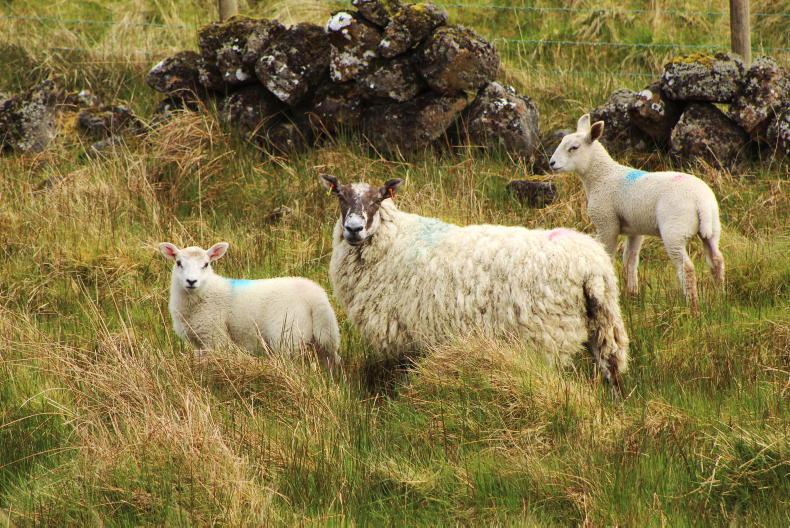

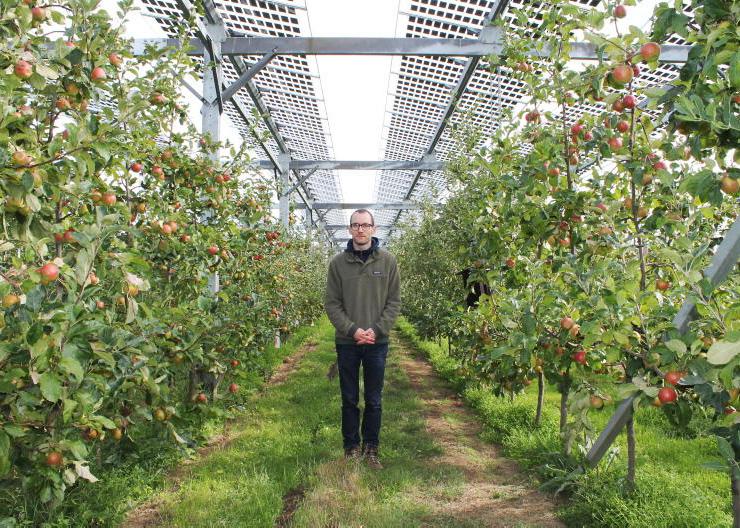

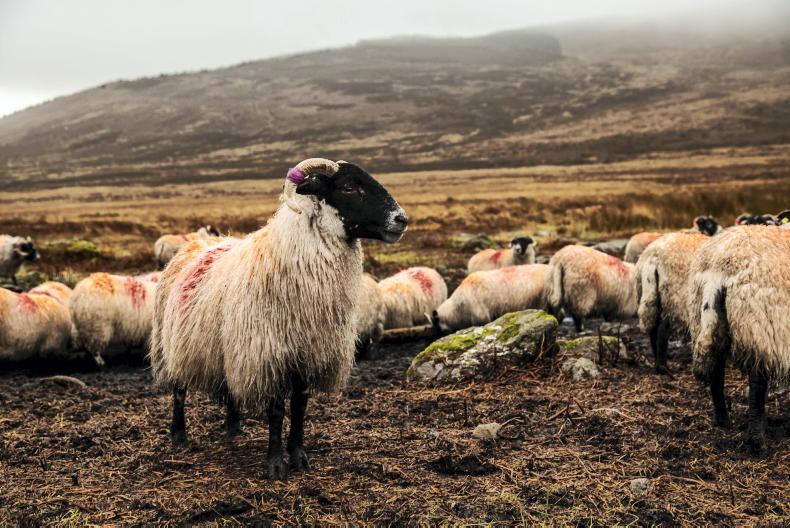
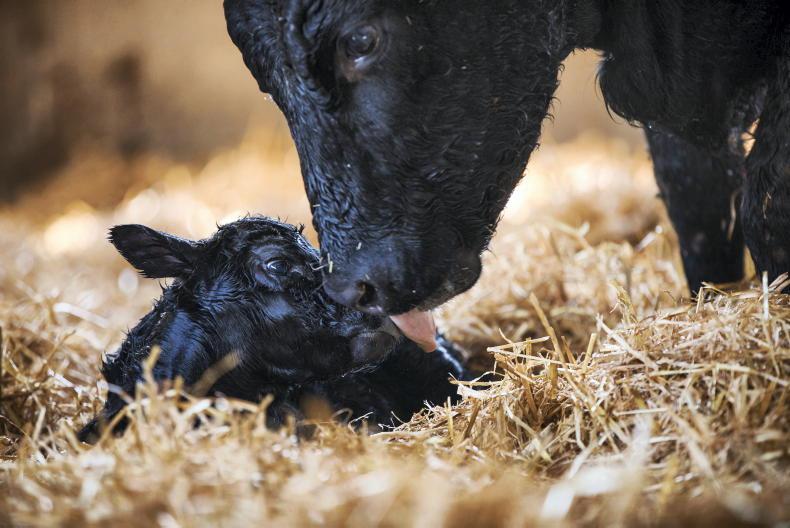
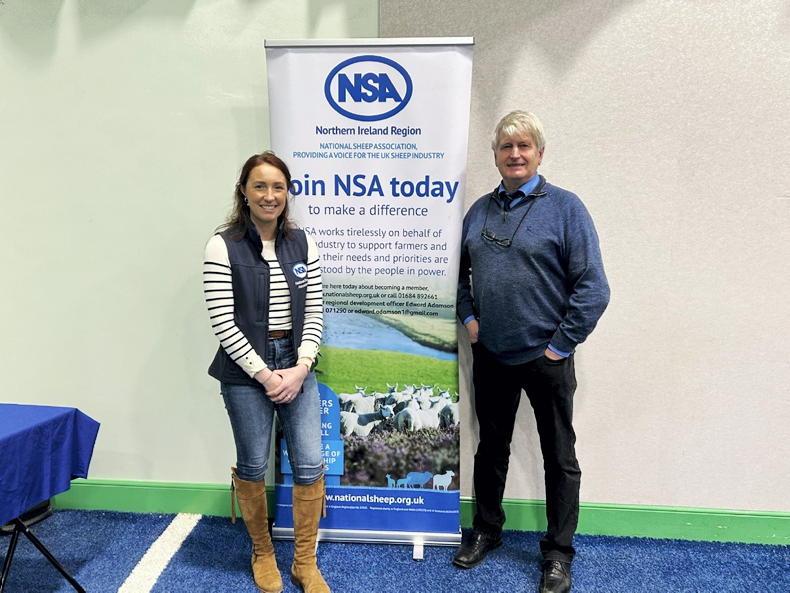
SHARING OPTIONS